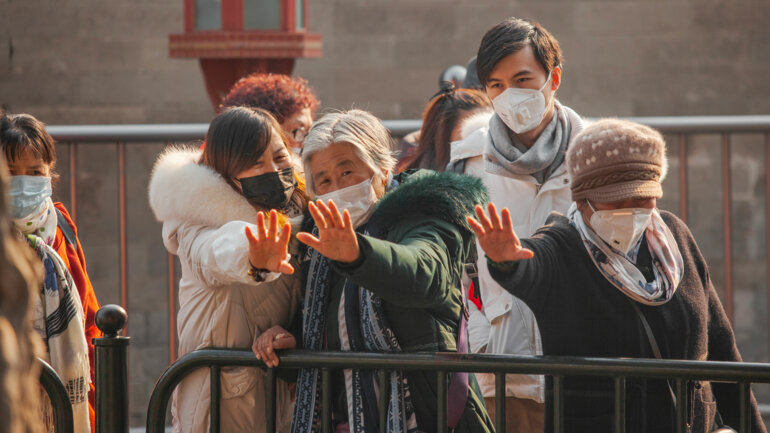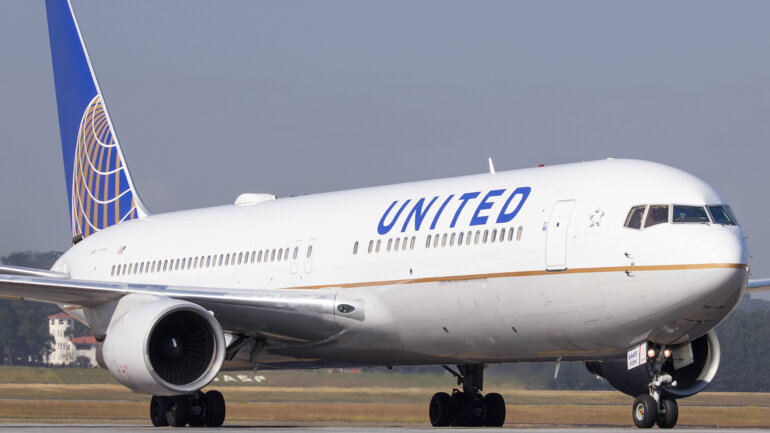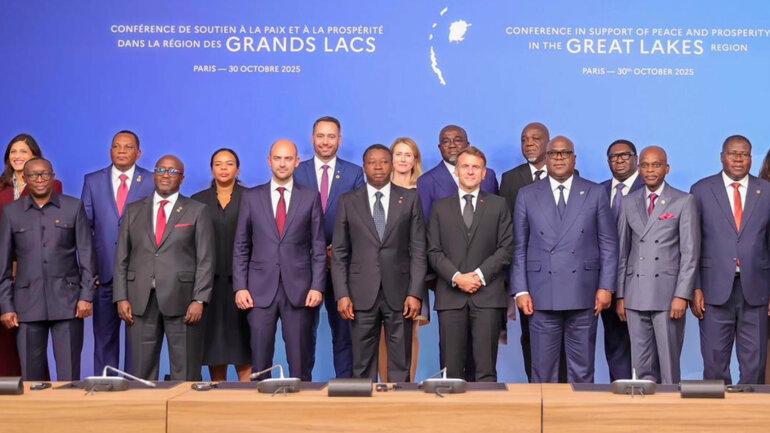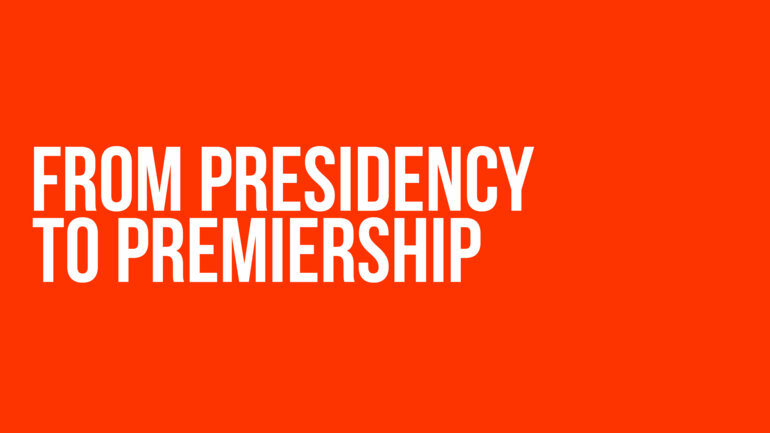
- Diplomatie
West Africa has become a hub for a drug-trafficking industry that threatens regional security, Burkina Faso's President Blaise Compaore warned Tuesday.
"At the moment, when the world is facing the financial and food crisis, there are less publicised scourges, such as drug trafficking," Compaore told a conference in Praia, capital of the West African island state of Cape Verde.The comments by Compaore, current president of the Economic Community of West African states (ECOWAS), follow a similar warning Monday by the head of the UN Office on Drugs and Crime (UNODC) before the opening of the ECOWAS conference on drugs and security in the region.
The region "is at risk of becoming an epicentre for drug trafficking and the crime and corruption associated with it," said Antonio Maria Costa in a statement, which also reported that cocaine seizures were doubling each year.
"Time is running out, the threat is spreading throughout the region," he added.
On Tuesday a new UNODC report said that a "declining US cocaine market and a rising European one had prompted South American cocaine traffickers to make use of low-governance areas in West Africa as transit zones."
"At least 50 tonnes of cocaine from the Andean countries are transiting West Africa every year, heading north where they are worth almost two billion dollars (1.6 billion euros) on the streets of European cities," said the report released in Praia.
Narcotic experts also warned Tuesday that drug traffickers were increasingly hiding their cocaine deliveries inside smugglers' stomachs.
"We are noticing an increase in the number of passengers and 'mules' leaving international airports in West Africa headed for Europe, Asia, the Middle East and Australia, with cocaine inside them," said Stephen Brown, head of Interpol's Drugs Intelligence Unit.
He added that some of the cocaine from South America is repackaged in bulk in West Africa to be transported to Europe, while the remainder is re-sold on the West African market before it is flown overseas.
Although the stomach method of delivery is becoming more popular in West Africa, Brown warned that it is not fool-proof.
"At any moment, a packet (of cocaine) that has been swallowed can explode," he said.
Meanwhile, Costa pointed to Cape Verde, which is hosting the ECOWAS conference, as a "good example" of how the tide could be turned against the international drug cartels.
"Five years ago, this country was under attack from cocaine traffickers. UNODC intervened with a large scale project because the government of Cape Verde asked us to deploy funding provided by the European Union.
"Stronger and better coordinated customs and immigration officials, border guards, the police, and counter narcotics agents have made Cape Verde a risky destination for drug traffickers. The same should happen elsewhere," he said.
Compaore also called for enhanced cooperation between West Africa, Europe and Latin America in the fight against the trade in narcotics.
"Drug trafficking, money laundering (and) people trafficking are direct threats to economic progress, to the peace and security in our sub-region -- and that commands us to act in harmony," Compaore told justice and interior ministers from the 15 ECOWAS member states.
The UNODC said this summer 600 kilos of cocaine had been found in an aircraft bearing false Red Cross identification at Freetown airport in Sierra Leone.
"But most seizures happen by accident," the statement added.
"Local police are ill-equipped to deal with the threat and prosecutors and judges lack the evidence or the will to bring to justice powerful criminals with powerful friends."





